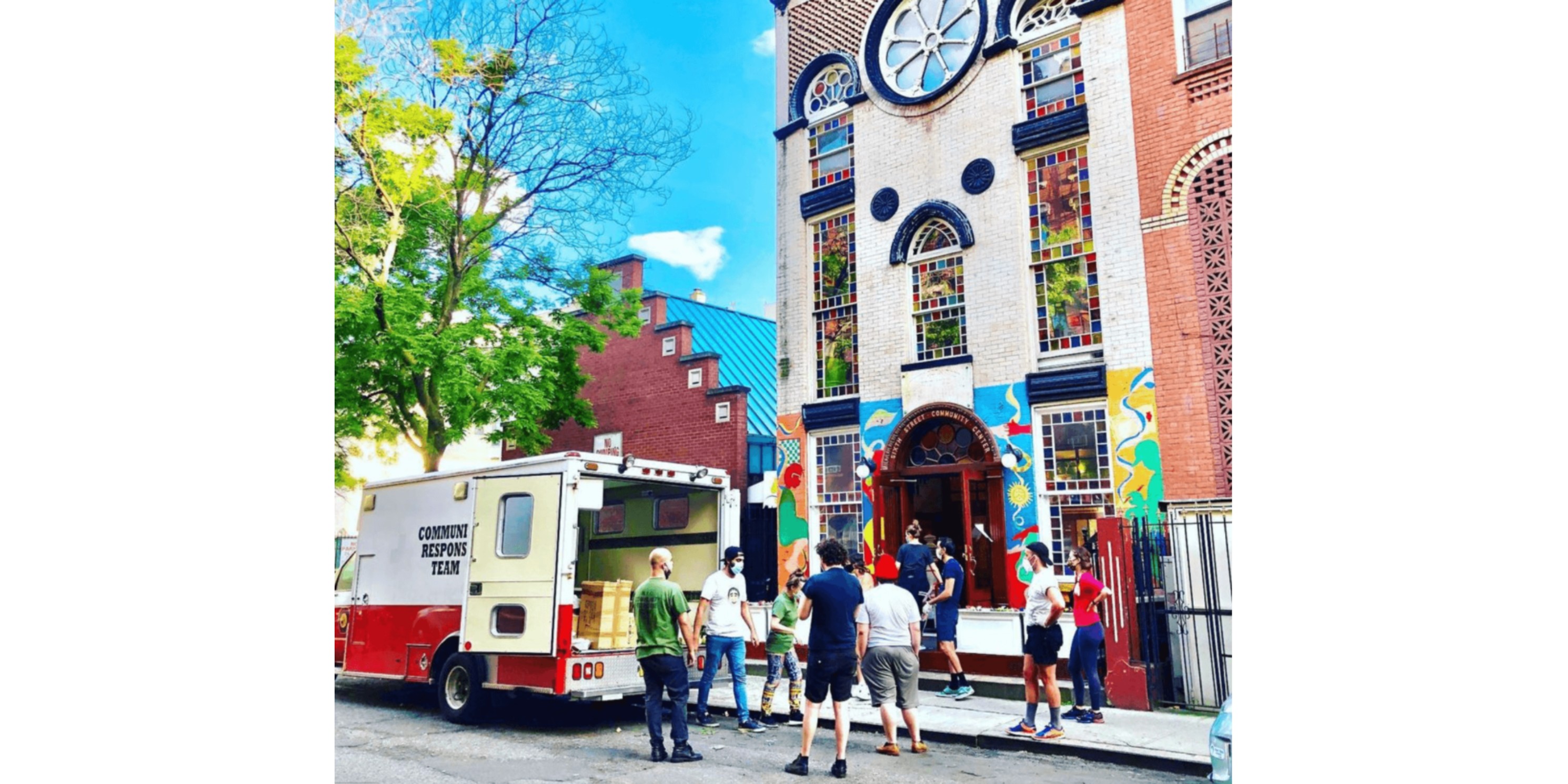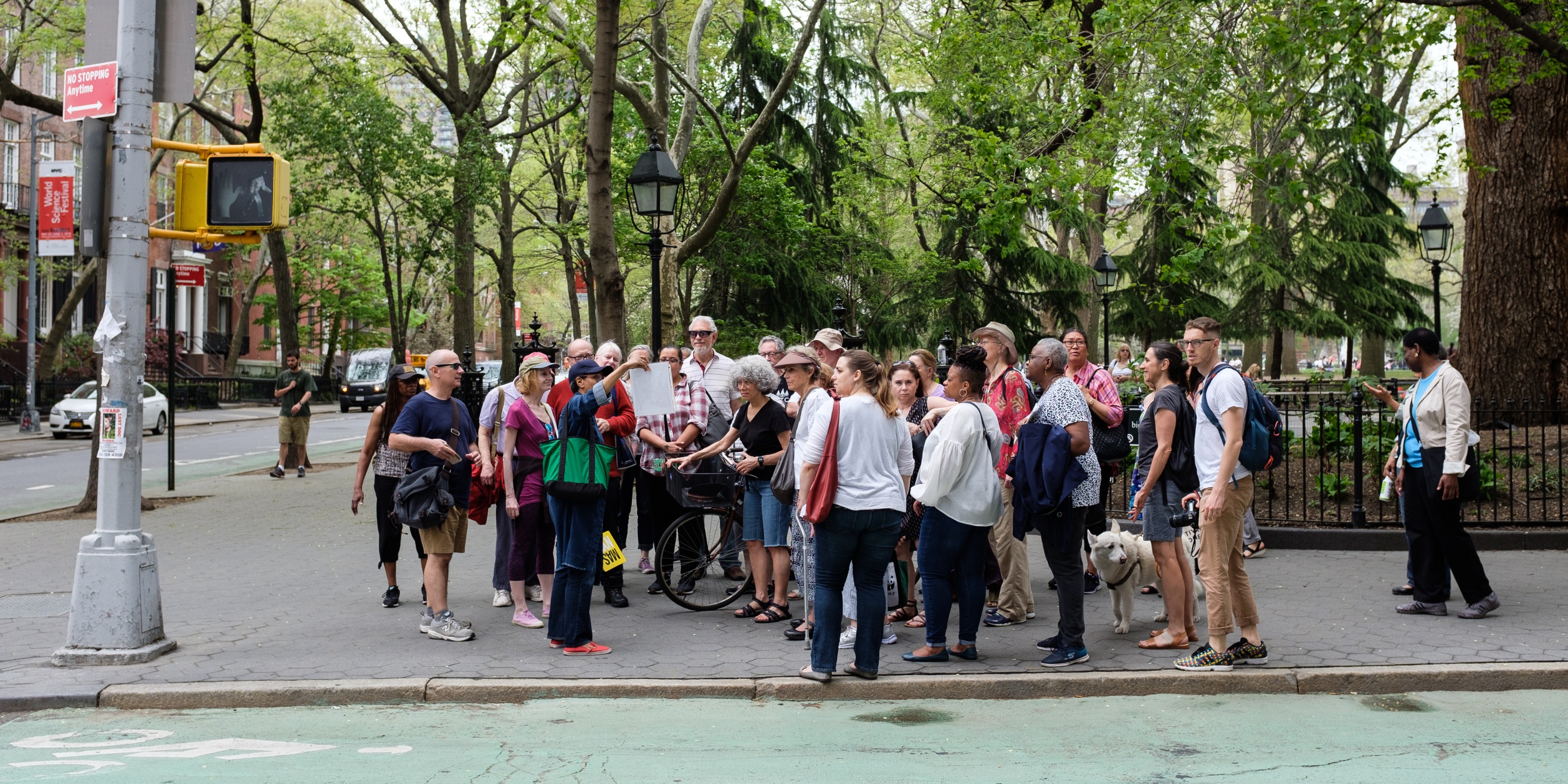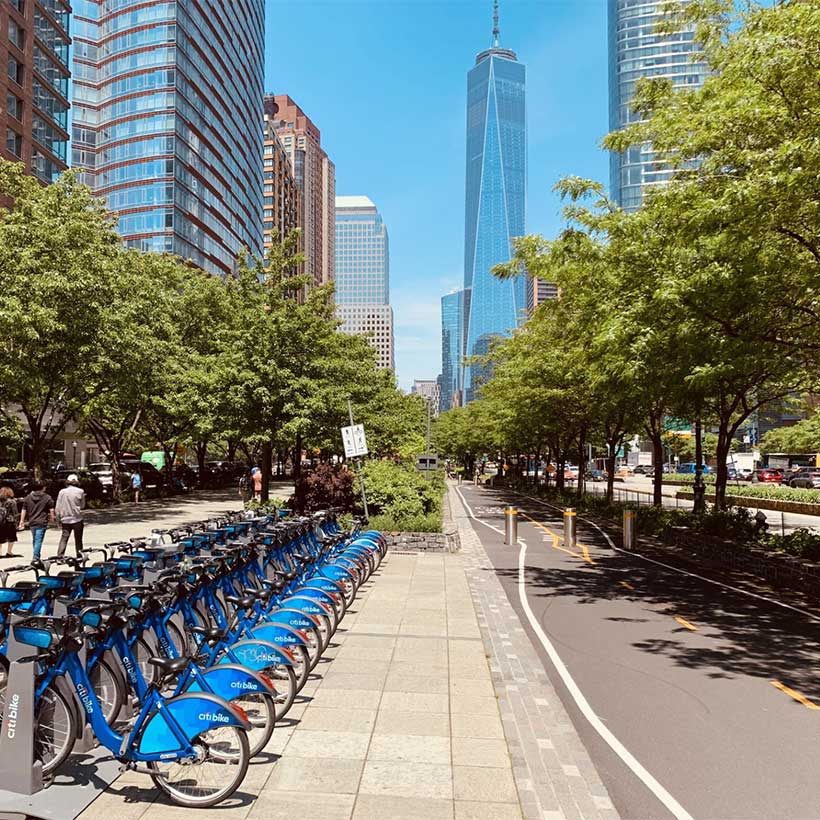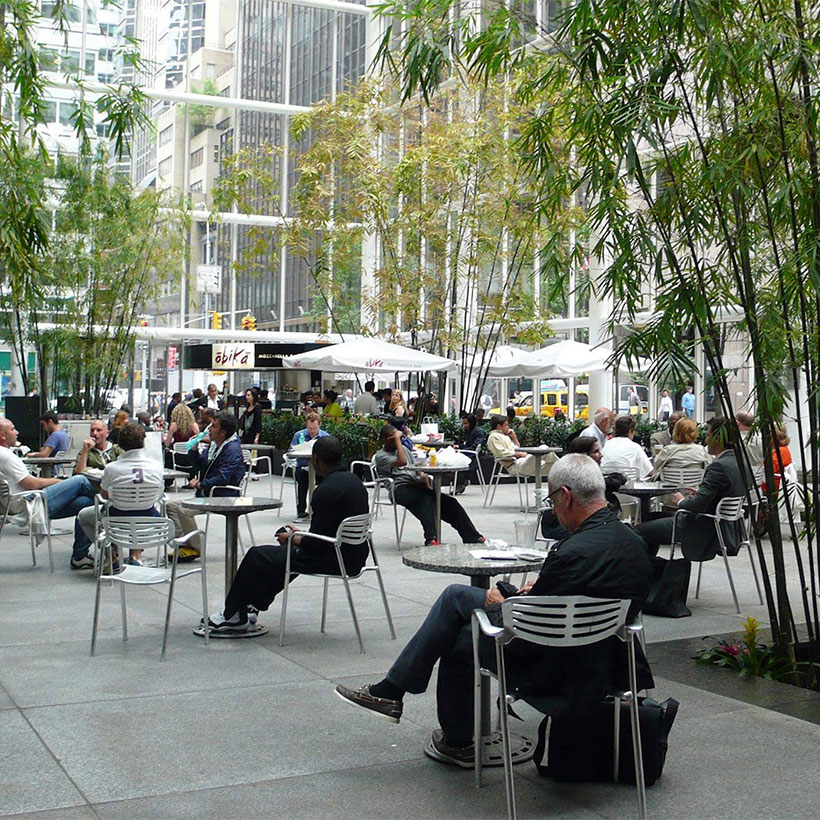President’s Letter: March 2025
Monthly observations and insights from MAS Interim President Keri Butler
This month, I attended a benefit dinner for EVLovesNYC, a grassroots nonprofit that has been providing food to economically insecure New Yorkers since the start of the pandemic. The event was small but inspiring, with a unique menu served by a cadre of volunteers. Giving new meaning to the term, “think globally, act locally,” their chefs represent nations from around the world, offering dishes that are not only delicious and nutritious but also reflect the cultural and religious diversity of New York City. And they do this for under $4 a meal.
When the pandemic highlighted the fragility of our food systems, mutual aid networks like EVLovesNYC played an essential role in supporting New Yorkers while other institutions, such as pantries and soup kitchens, were closing. Many of these networks worked efficiently, often bypassing the bureaucratic red tape that stifled city processes, which can be slow, expensive, and fail to meet urgent needs.
This brings me to a broader question. In the face of mass defunding of nonprofits and reckless attempts at improving efficiency at the federal level, what might real efficiency look like? As we face growing challenges related to building affordable housing and improving infrastructure, we need government systems that foster innovation, remove unnecessary regulatory barriers that stall progress, and are driven by compassion and mutual respect.

This concept ties directly into the frustrations within the field of urban planning, where decades-old policies have hindered more inclusive, equitable development. Nonprofits, whether focused on building affordable housing or providing food to the neediest, are eager to contribute, yet face significant barriers. From complicated and expensive land use procedures like ULURP to delays in government funding, well-meaning organizations are often locked out of opportunities to address critical urban needs.
MAS has long championed policies that support balanced and sustainable urban growth. In our upcoming comments to the City Charter Revision Commissions, MAS will advocate for changes at the city level that streamline bureaucratic hurdles while prioritizing community-centered development. By aligning policy innovations with the values of inclusivity, we can build a better, more affordable city for everyone.
MAS will also work to guide policy changes that allow nonprofits to thrive and ensure that urban planning efforts prioritize the needs of all New Yorkers, especially the most vulnerable. In a city as complex and diverse as New York, creating spaces that are both affordable and accessible requires the kind of visionary thinking that MAS has consistently supported. By unlocking the potential of nonprofit and grassroots organizations like EVLovesNY, we can ensure that New York’s future is one built on inclusivity, efficiency, and compassion.


